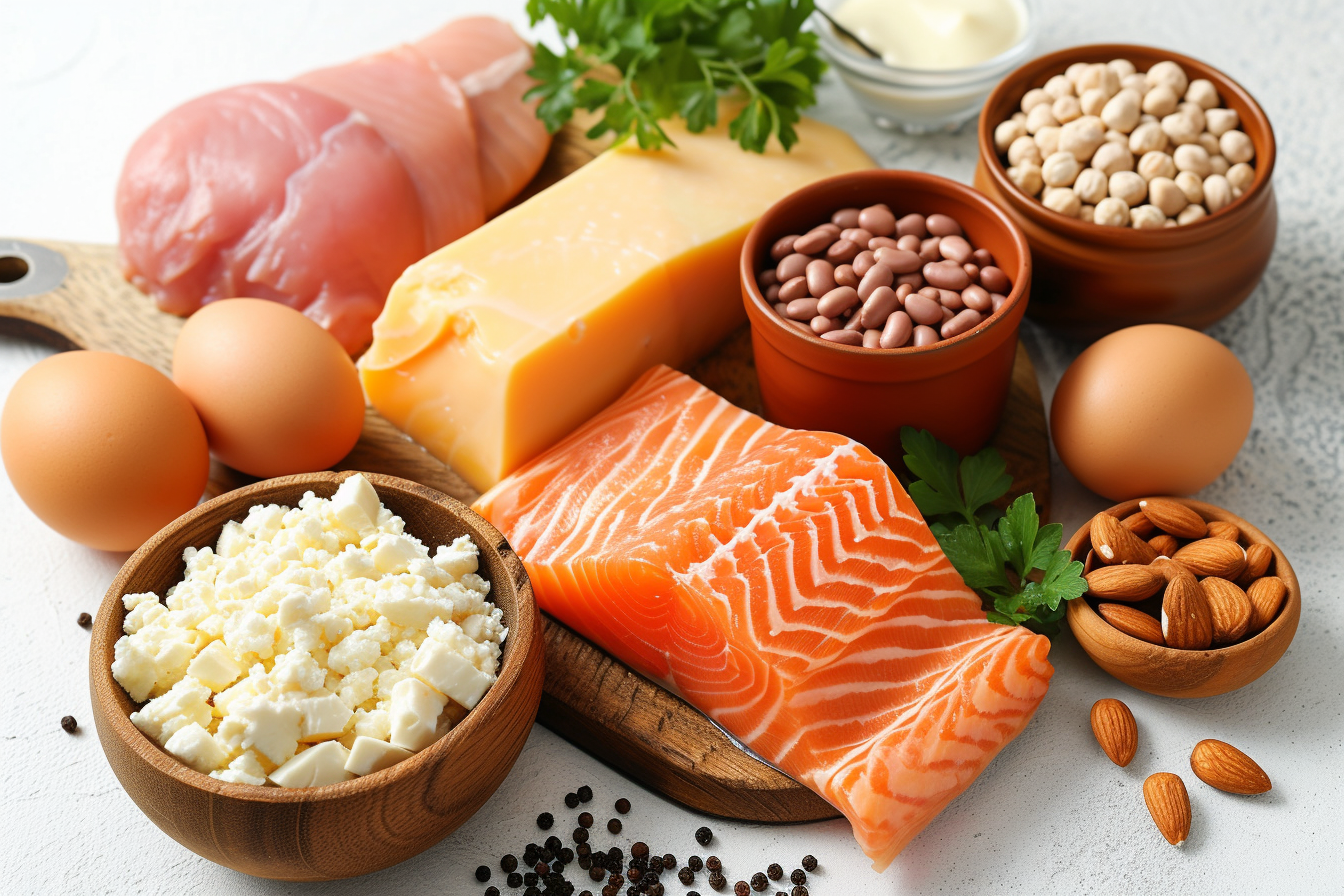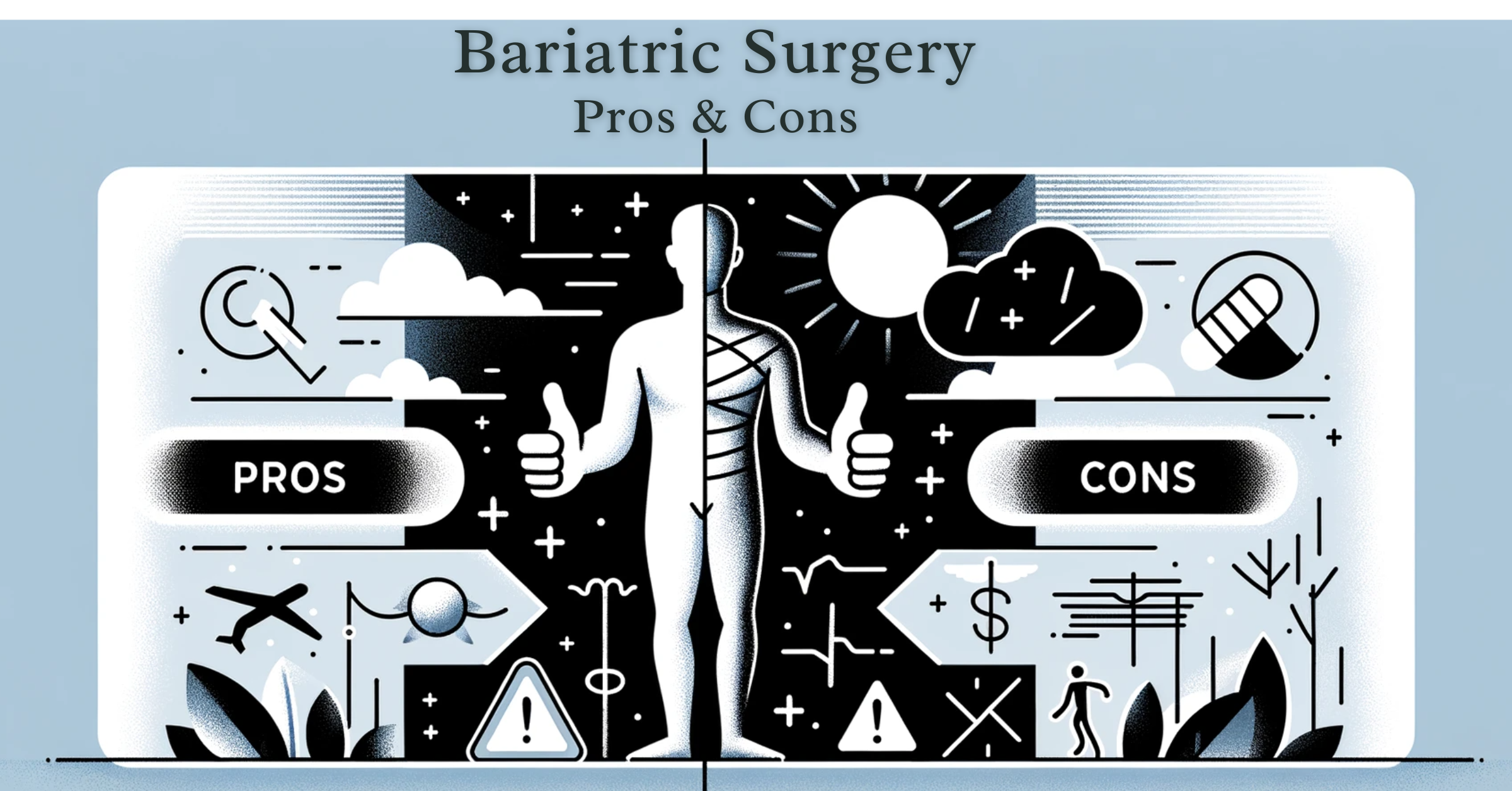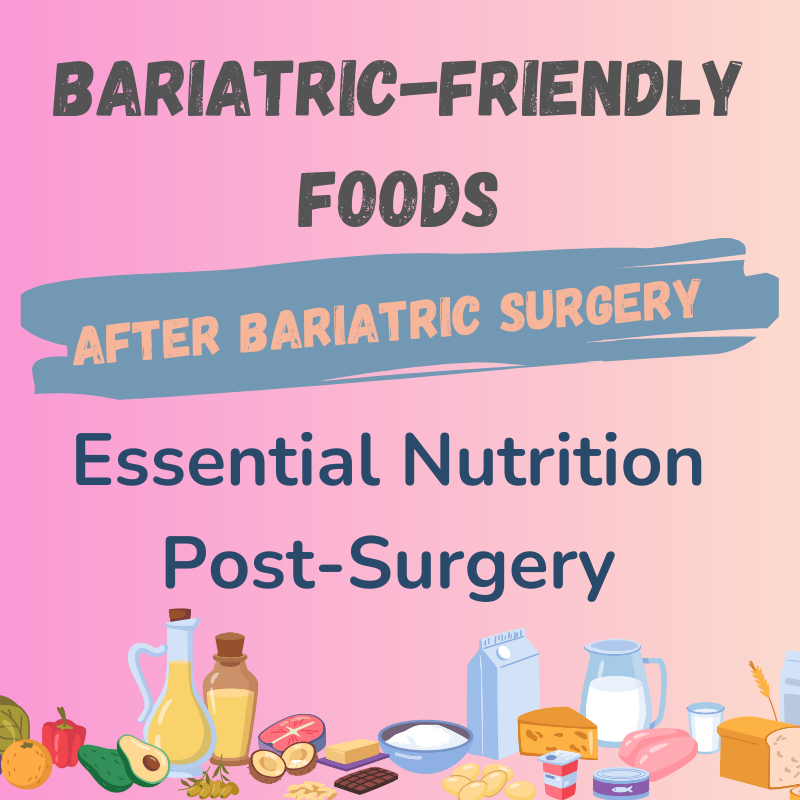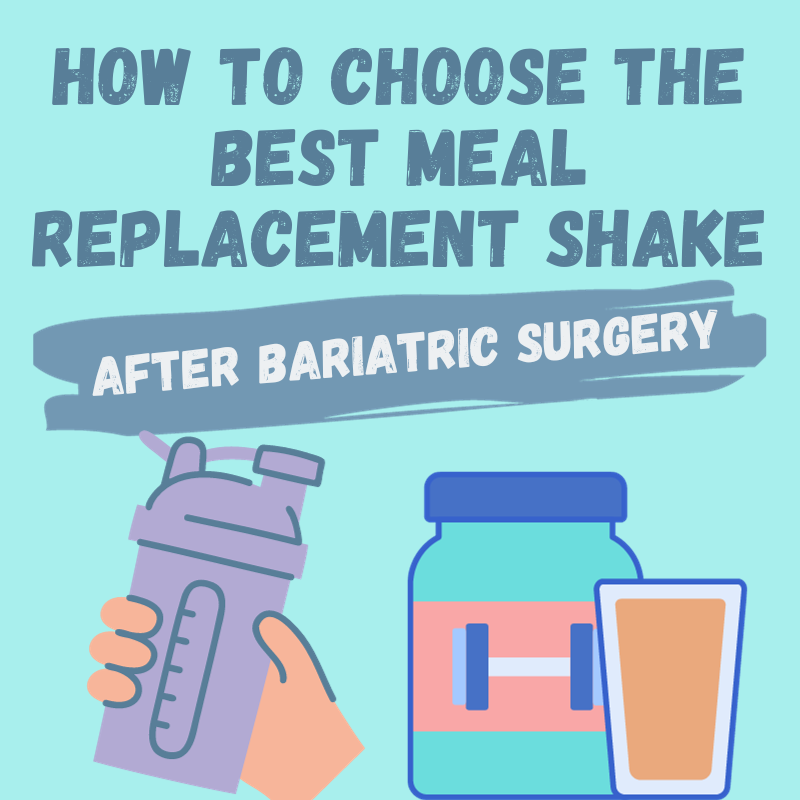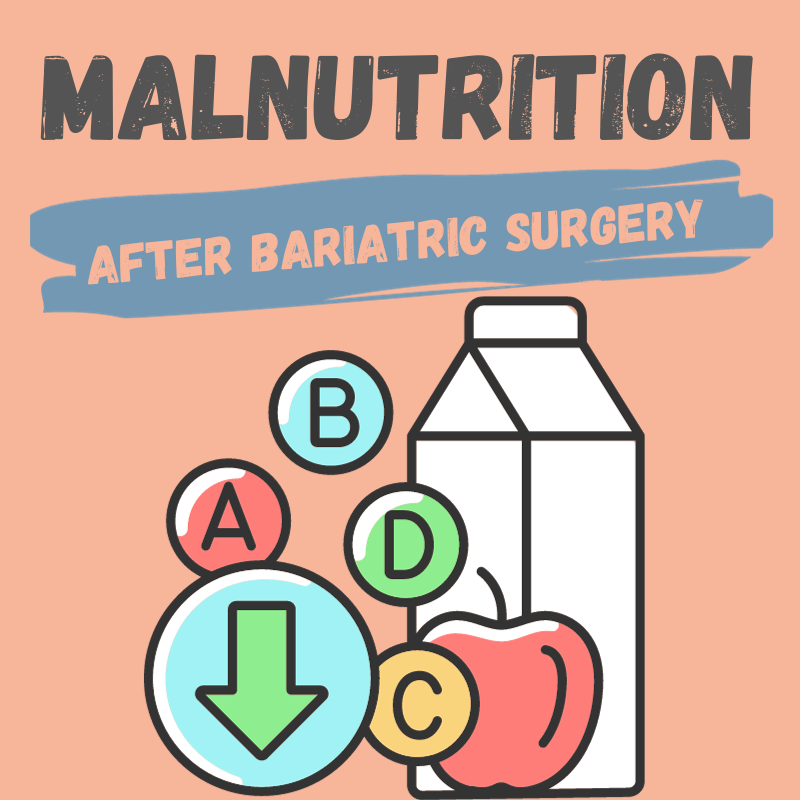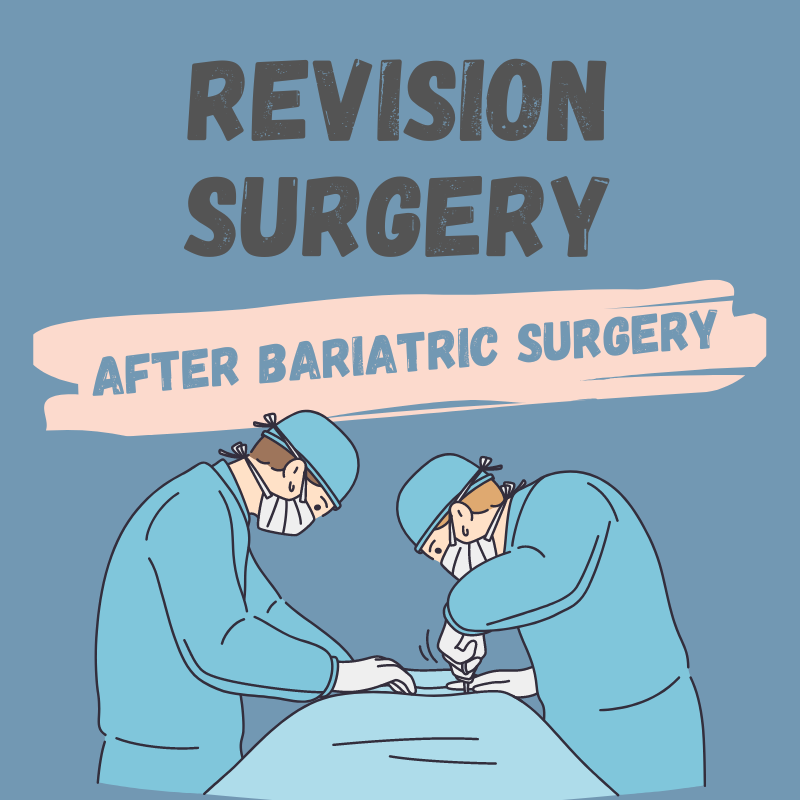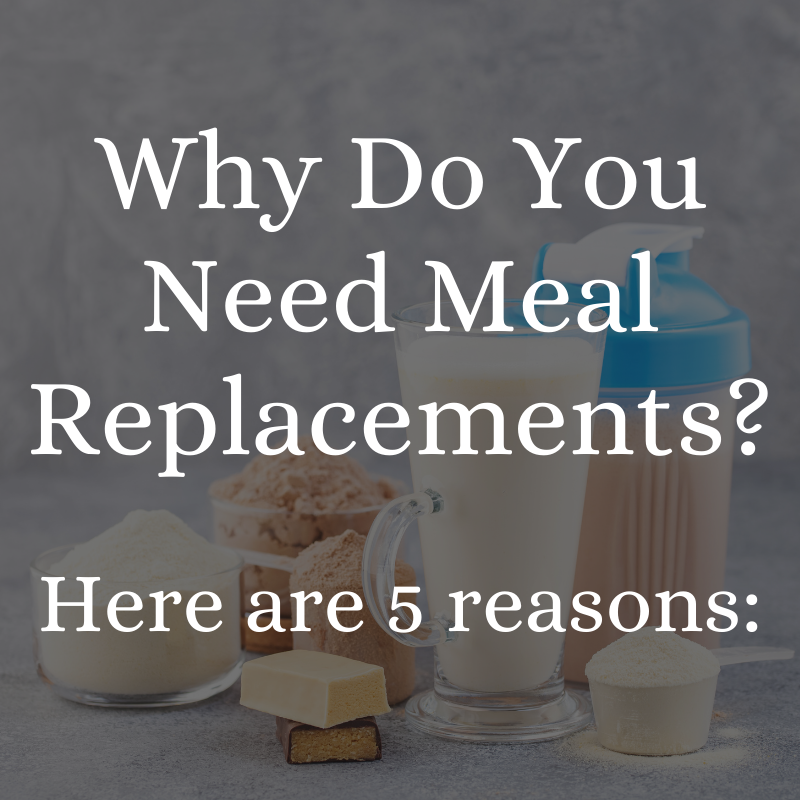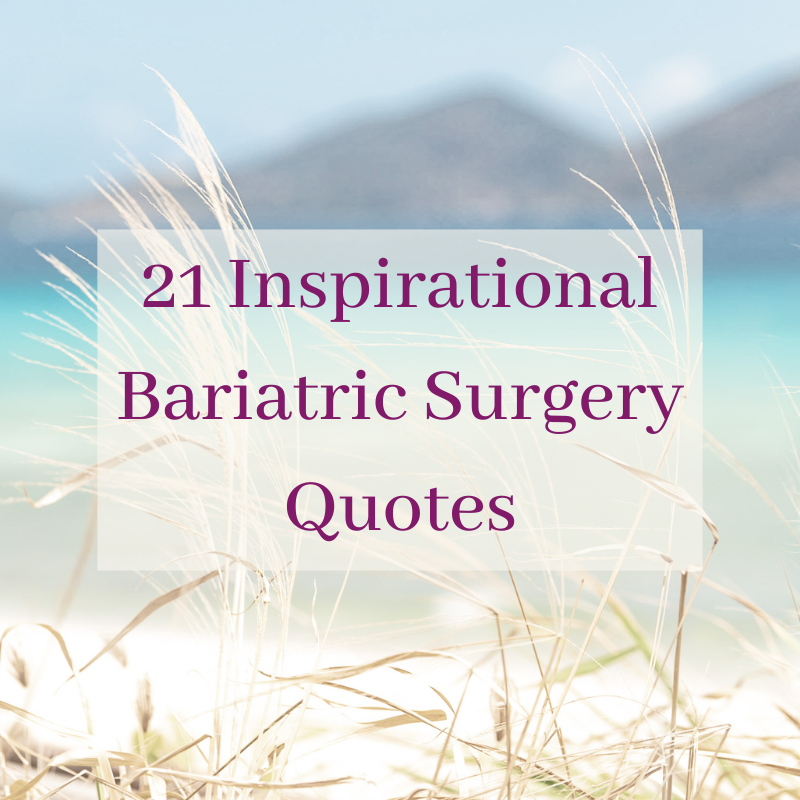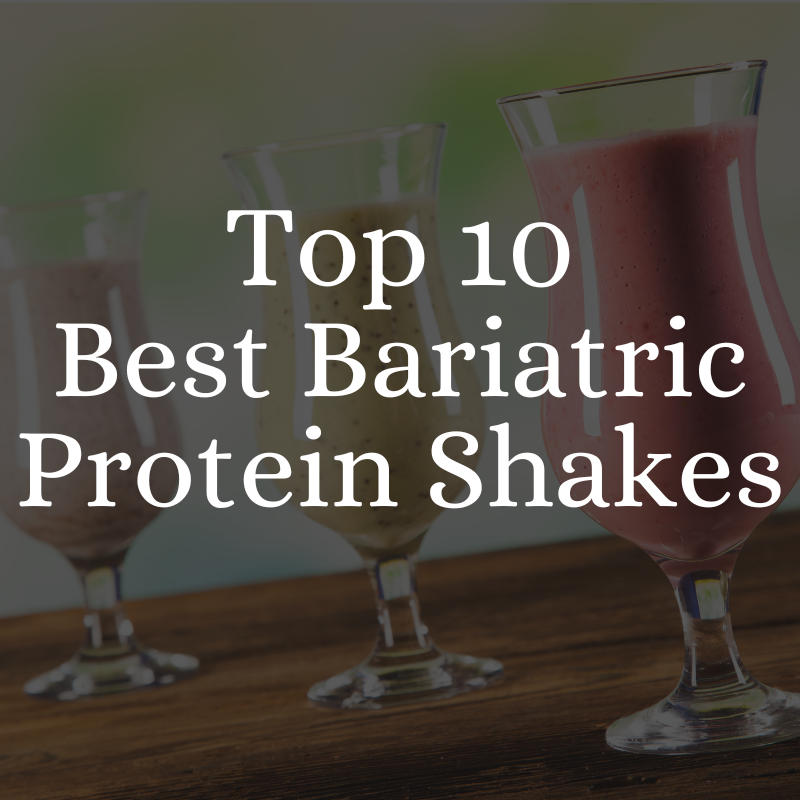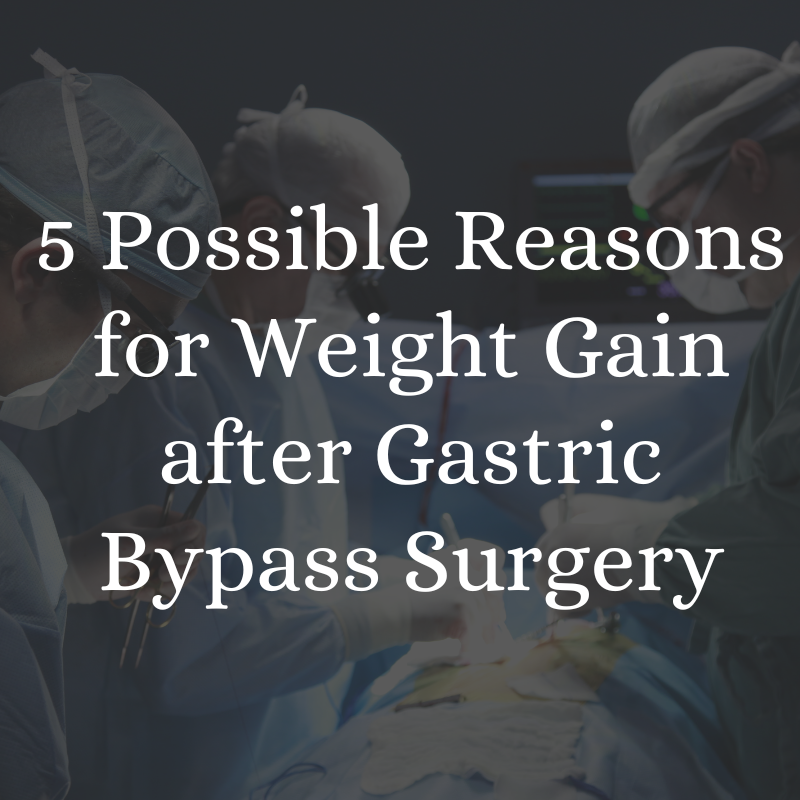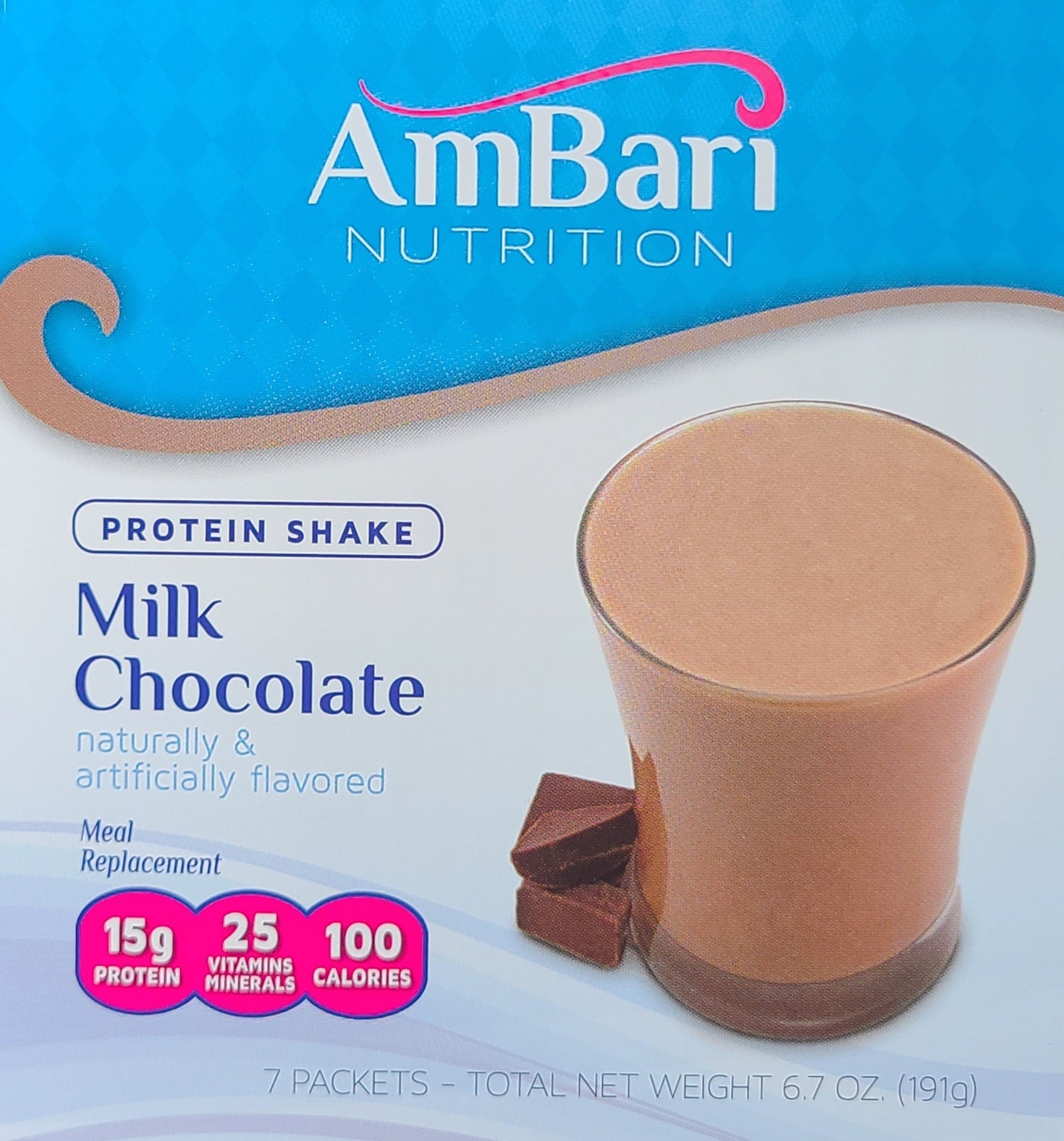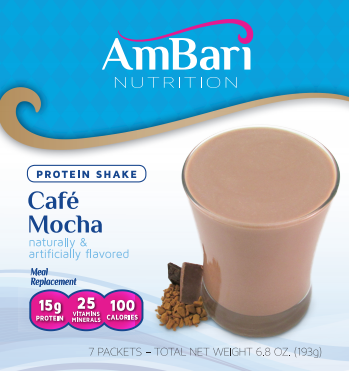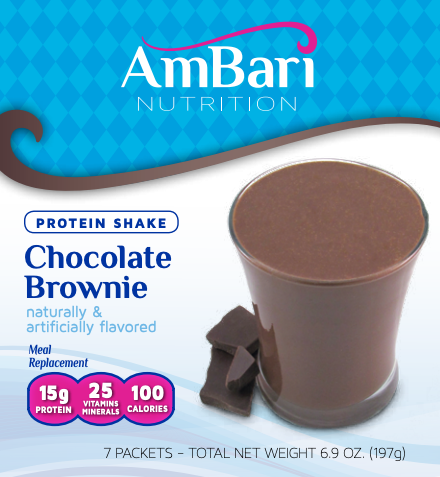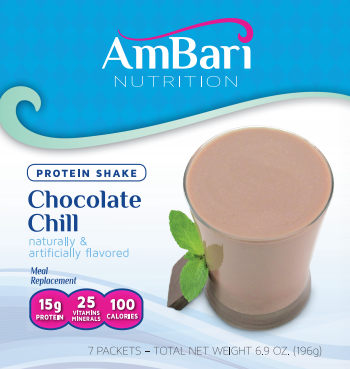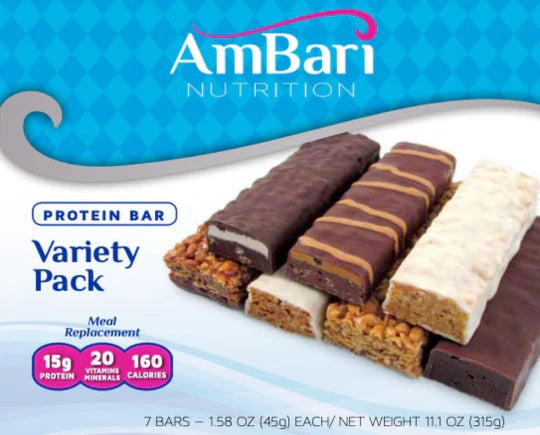Your cart is empty
Emotional Eating after Weight Loss Surgery
Emotional eating is one of the biggest culprits  for why many of us are overweight. We have used food our entire lives to help cope with different situations. Some people use food to get through sad or stressful times, while others might use food to celebrate good things. We all have different ways we emotionally eat. However, after weight loss surgery, it must change.
for why many of us are overweight. We have used food our entire lives to help cope with different situations. Some people use food to get through sad or stressful times, while others might use food to celebrate good things. We all have different ways we emotionally eat. However, after weight loss surgery, it must change.
The first year after surgery will be extremely difficult for you to emotionally eat. Your stomach won’t allow it because it is so small. It will be very challenging because your brain is conditioned to emotionally eat. You might find yourself depressed because you can’t use food to cope any longer. This is why the psychological evaluation is so critical before you have weight loss surgery. It is important that you are truthful during the evaluation so you can figure out if you will be able to get through things without using food.
The pre-op stage is the perfect time to get ready for life after surgery. You don’t want to wait until after the procedure to start making changes on how you look at food. I encourage you to talk through your eating habits with a therapist or a trusted family member or friend. It is so important that you realize this is just as much an emotional journey as it is a physical one. The way you look at food must change if you are going to succeed.
There will come a time when you can allow more food in your diet. After the first year, it gets easier to eat more. You might be tempted to put unhealthy foods back into your diet, especially if you are emotionally eating. It is important that you know that regain can happen if you do this. I experienced regain because I did not change the way I looked at food. I was successful the first year simply because I was not able to eat a lot of food. It caught up to me though. When I was eventually able to eat more, I made poor choices and found myself using food for comfort again. This was because I did not prepare myself for how hard it would be emotionally.
One thing that some people experience is the substitution of one addiction for another. Since it is a lot easier for us to drink than eat, some people swap their food addiction to alcohol addiction. Again, this is why it is crucial that you figure out the reasoning behind turning to a substance to cope. Before surgery, I encourage you to do some soul searching and explore why you turn to food. There is more than likely an underlying issue that you need to address. If you do this, you will set yourself up for success and be able to navigate through the challenges that come after weight loss surgery.
Remember, food will not solve your problems. You must put in the work on this journey. The surgery is only a tool, not a fix all. The emotional issues will still be there and you must face them to be able to succeed on this journey. Emotional eating is not going to make things better. It might help in the moment, but long term it will cause so much damage. Take the time to find yourself on this journey. It is a beautiful thing when you can finally look in the mirror and be proud of your accomplishments, not just physically, but emotionally as well. You got this!
Bariatric Guides & Information
More Info
Customer Favorites
- Choosing a selection results in a full page refresh.

